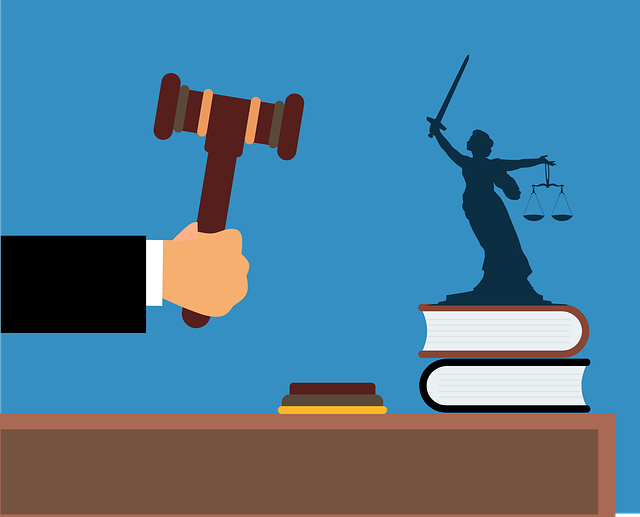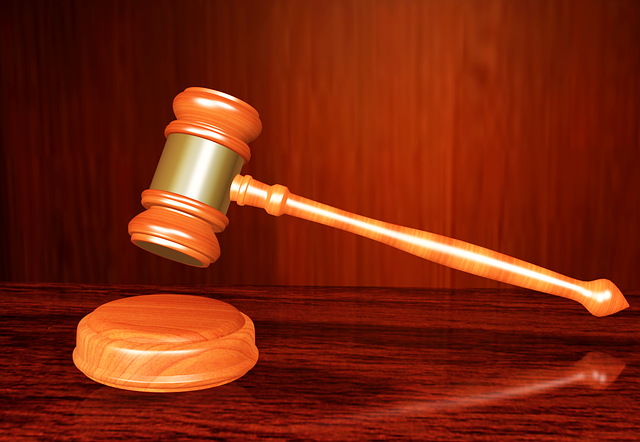Washington County criminal law emphasizes fair trials and defendant rights through key principles like the right to counsel, presumption of innocence, and an impartial jury. Local attorneys protect these rights, ensuring equal access to information and representation for all accused individuals. Transparent court proceedings and clear communication foster public trust in the justice system, upholding the integrity of Washington County's criminal legal framework.
In Washington County, ensuring fair trials is paramount in criminal defense cases. This article delves into the fundamental principles of Washington County criminal law, focusing on safeguarding defendant rights and promoting transparency and equality within the legal process. By understanding these key aspects, we can ensure that justice is not only served but also perceived as such, upholding the integrity of our judicial system.
- Understanding Washington County Criminal Law Fundamentals
- Safeguarding Defendant Rights During Trial Proceedings
- Promoting Transparency & Equality in The Legal Process
Understanding Washington County Criminal Law Fundamentals

In Washington County, understanding the fundamentals of criminal law is paramount for both legal professionals and individuals involved in defense cases. The county’s legal system operates under a robust framework designed to ensure fair trials and protect the rights of the accused. Key aspects include the right to counsel, presumption of innocence, and the burden of proof laid upon the prosecution.
Familiarity with Washington County criminal law norms is crucial. These guidelines govern pre-trial procedures, evidence admissibility, and sentencing options. By comprehending these fundamentals, legal advocates can more effectively navigate complex cases, ensuring their clients receive a just and impartial hearing in line with established legal principles.
Safeguarding Defendant Rights During Trial Proceedings

In Washington County criminal law, safeguarding defendant rights is paramount during trial proceedings. This includes ensuring that individuals accused of a crime are treated fairly and have access to essential legal protections. One crucial aspect is the right to an impartial jury, where defendants can benefit from a fair and unbiased group of citizens who will decide their fate. Additionally, Washington County criminal defense attorneys play a vital role in protecting their clients’ rights by challenging any potential biases or illegal evidence that might compromise the trial’s integrity.
Furthermore, defendants are entitled to effective legal representation, which means having an attorney who is competent, knowledgeable, and dedicated to their case. This right allows individuals to navigate complex legal procedures, understand their charges, and make informed decisions during the trial process. By upholding these fundamental rights, Washington County criminal law contributes to a just and equitable judicial system where every defendant can receive a fair trial.
Promoting Transparency & Equality in The Legal Process

In ensuring fair trials for all Washington County criminal law defendants, promoting transparency and equality is paramount. This involves making every step of the legal process accessible to both the accused and the public. Open court proceedings allow citizens to witness firsthand the fairness or otherwise of the trial, fostering trust in the justice system. Equality is also guaranteed when both parties have equal access to information, resources, and representation. Defendants must be informed about their rights, charges against them, and evidence held by the prosecution, ensuring they can mount a robust defense.
Furthermore, transparency and equality are enhanced through clear communication between all stakeholders. Judges should provide concise, understandable explanations of legal decisions and procedures, avoiding complex jargon that could confuse defendants or witnesses. This ensures everyone involved understands their roles and responsibilities, promoting a sense of fairness and integrity in the criminal justice system.






